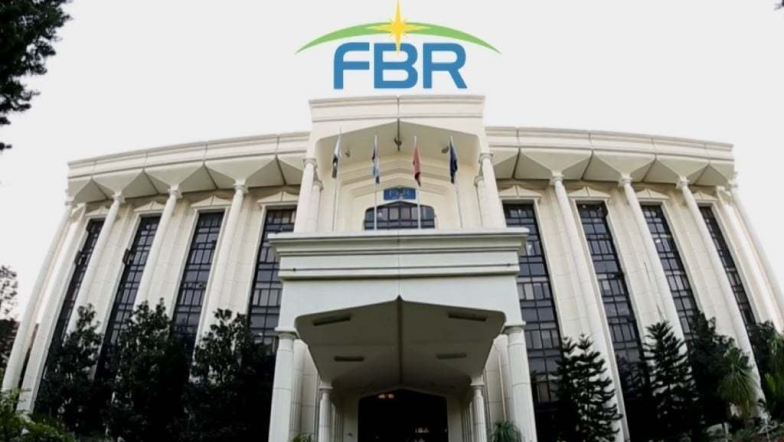Pakistan Revenue Division: Strengthening Fiscal Policy and Revenue Collection

The Ministry of Finance, Revenue, and Economic Affairs oversees the Revenue Division, which is pivotal in implementing Pakistan’s fiscal policies, enhancing revenue generation, and ensuring compliance with tax laws. This division plays a critical role in fostering economic stability and supporting government initiatives through effective tax administration.
Overview
The Revenue Division is responsible for formulating and executing tax policies, administering tax laws, and overseeing the revenue collection system. It aims to create a fair, efficient, and transparent tax environment that promotes compliance and strengthens Pakistan’s financial infrastructure.
Core Functions of the Revenue Division
Tax Policy Formulation
- Designing tax policies that align with national economic objectives and promote equity.
- Introducing measures to broaden the tax base and reduce reliance on indirect taxes.
Revenue Collection
- Ensuring efficient collection of direct and indirect taxes through the Federal Board of Revenue (FBR).
- Streamlining processes to minimize revenue leakages and improve compliance.
Implementation of Tax Laws
- Enforcing tax regulations to maintain compliance and combat evasion.
- Modernizing legal frameworks to address evolving economic trends.
Automation of Tax Systems
- Leveraging technology for e-filing, digital audits, and online payment systems to enhance efficiency.
Facilitation and Support
- Providing support services to taxpayers, including dispute resolution mechanisms.
Key Initiatives of the Revenue Division
Broadening the Tax Base
- Implementing measures to increase the number of registered taxpayers.
- Encouraging informal businesses to enter the tax net through incentives and awareness campaigns.
Taxpayer Facilitation Programs
- Establishing user-friendly online platforms for tax registration, filing, and inquiries.
- Launching awareness campaigns to educate citizens about the importance of tax compliance.
Combatting Tax Evasion
- Strengthening monitoring systems to detect and penalize evasion.
- Collaborating with international organizations to address cross-border tax evasion.
Simplifying Tax Laws
- Introducing reforms to simplify complex tax laws and procedures.
- Reducing bureaucratic hurdles to foster voluntary compliance.
Strengthening Customs Operations
- Enhancing border security and customs mechanisms to curb smuggling.
- Facilitating efficient trade processes to support economic growth.
Challenges in Revenue Collection
Low Tax-to-GDP Ratio
- Addressing structural issues that hinder optimal revenue generation.
Informal Economy
- Bringing informal sectors into the tax net to improve overall compliance.
Public Resistance to Taxation
- Overcoming trust deficits and misconceptions about tax utilization.
Tax Evasion and Corruption
- Mitigating systemic inefficiencies that lead to tax evasion and corruption.
Strategic Focus Areas
Promoting Voluntary Compliance
- Introducing taxpayer-friendly policies and reducing punitive measures.
- Ensuring transparent and efficient utilization of collected taxes.
Leveraging Technology
- Expanding the use of automation and artificial intelligence for tax administration.
- Introducing blockchain technology for secure and transparent record-keeping.
Policy Reforms
- Regularly updating tax policies to reflect economic changes and address loopholes.
- Encouraging progressive taxation to ensure equity.
International Collaboration
- Engaging with global tax authorities to share best practices and combat tax avoidance.
- Adopting international standards to improve tax administration.
International Collaboration
The Revenue Division actively collaborates with global and regional organizations such as:
- OECD for implementing the Base Erosion and Profit Shifting (BEPS) framework.
- World Customs Organization (WCO) for enhancing customs operations.
- IMF for technical assistance in fiscal and tax reforms.
Future Directions
The Revenue Division is committed to achieving a robust and equitable tax system through:
- Expanding tax outreach to untapped sectors and income brackets.
- Enhancing trust in the tax system through transparency and accountability.
- Strengthening partnerships with the private sector to improve tax compliance.
- Promoting tax incentives for investments in key areas such as technology and renewable energy.
Conclusion
The Revenue Division, under the Ministry of Finance, Revenue, and Economic Affairs, is at the forefront of ensuring Pakistan’s fiscal health through effective revenue collection and tax administration. By adopting innovative strategies and fostering compliance, the division contributes to national development and economic stability.




